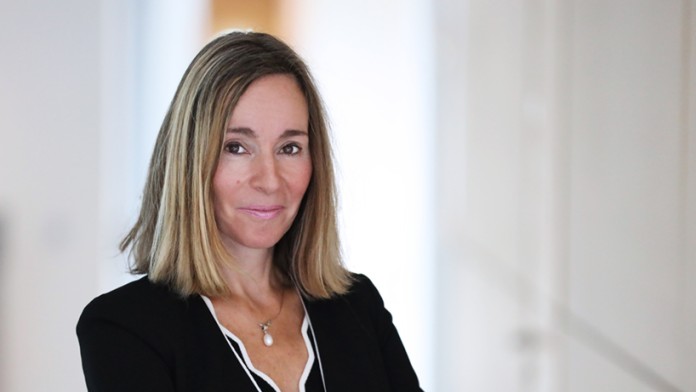News from 2019-03-08 / Group, KfW Development Bank
Comments on the accusations concerning Salonga National Park in the DR Congo
KfW takes the accusations concerning human rights abuses in Salonga National Park in DR Congo very seriously, and abhors any form of violence.
KfW's activities in Salonga National Park
KfW has been supporting the Congolese conservation authority "Institut Congolais pour la Conservation de la Nature (ICCN)" in nature conservation measures since 2008 on behalf of the German Federal Government, with funds totaling EUR 46 million at present. The projects relating to the protected areas aim at improving the management of the protected areas in cooperation with the local population which represents the primary target group.
As the world's second-largest tropical rain forest area, the forests of the Congo basin form one of the most important remaining natural carbon stores and are habitat for an extremely rich and diverse flora and fauna. The forests of the Congo basin are therefore of outstanding significance for the global climate and for biodiversity conservation, and they represent an important global good. To ensure biodiversity conservation and the sustainable provision of essential ecosystem services, it is of key importance to involve the local population, in addition to professional park management. To achieve this, project designs are continuously refined. It is a key concern to support the local partners in establishing and complying with international standards. However, this is a particular challenge especially in fragile contexts. Many regions in DR Congo, for example, are characterised by absence of state order and a volatile security situation.
Salonga National Park (Parc National de la Salonga – PNS) is one of currently six protected areas that benefit from support in the framework of the cooperation with ICCN. The promotion of PNS actually began in 2016 and currently amounts to around EUR 5.4 million. It comprises alongside with consulting services in particular the financing of infrastructure, basic and advanced training, performance-based payment and equipment of the park personnel (for example binoculars, vehicles or similar - weapons or munition are explicitly excluded), as well as the support of the executing agency in implementing international standards, for example, the introduction of a complaints mechanism that corresponds to international standards. The training components explicitly include topics relevant to human rights.
Involvement of the local population
In agreement with other donors, especially the EU Commission, and in complementing their commitment, we support the local population in particular by:
- involving the local population in the park management via the local representative bodies, for example, through regular meetings between park management and representatives of local communities
- creating income opportunities (through jobs and, if necessary, training in the field of park management, e.g. as park rangers, trackers, construction workers, etc.) and
- targeted promotional measures for the local population (e.g. rehabilitation of schools, tracks, roads or bridges).
In implementing these measures, the project-executing agency ICCN is supported by WWF Germany on the basis of a consulting contract, which is financed by Financial Cooperation (FC) funds.
Response to the allegations regarding potential human rights violations
The allegations regarding potential human rights violations in connection with Salonga National Park (PNS) have been brought to KfW's knowledge in May 2018 by Rainforest Foundation UK (RFUK); they mainly refer to the period between 2002 and 2015/2016, that is before the commencement of German support. KfW commented on this subject in June 2018 and requested the Congolese nature protection authority ICCN as well as WWF in its capacity as co-manager of PNS to investigate on the allegations. At the same time, more information was demanded from RFUK. This information was provided between September and November 2018. Already before the allegations had been published in the press, KfW had initiated an exchange with RFUK and WWF. In this context, it was agreed that ICCN and WWF, accompanied by a local partner NGO of RFUK, would investigate on site on the allegations. This investigation was financed in part from funds of the FC project. The mission took place in February 2019. The draft investigation report has been submitted to KfW in the beginning of April. Having received the final report as well as the conclusions from the independent investigations initiated by WWF, KfW will draw the necessary consequences in close cooperation with the Federal Ministry of Economic Cooperation and Development.


Share page
To share the content of this page with your network, click on one of the icons below.
Note on data protection: When you share content, your personal data is transferred to the selected network.
Data protection
Alternatively, you can also copy the short link: kfw.de/s/enkBbm2u.B8uA
Copy link Link copied